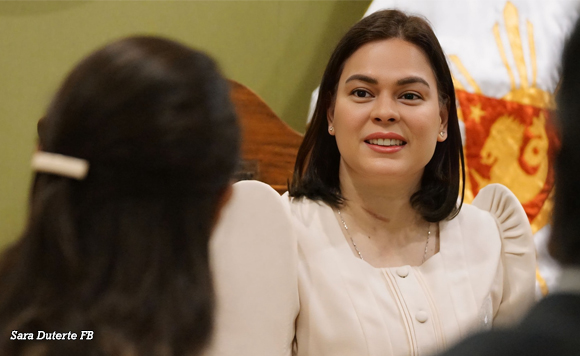The Senate has decided to uphold a significant budget reduction for the Office of the Vice President (OVP) for the year 2025. This decision retains a P1.3 billion cut from the proposed budget, aligning it with the House of Representatives’ earlier decision. The revised budget now stands at P733 million, down from the initial proposal of P2.037 billion.
Zaldy Co, Chairman of the House Committee on Appropriations, has publicly supported the Senate’s decision. He emphasized that this move is crucial for streamlining government expenditures and enhancing fiscal transparency. Co stated that the decision reflects a commitment to ensuring public funds are used effectively.
The process of adjusting the OVP’s budget began in the House of Representatives. In September, the House committee on appropriations recommended a reduction from the proposed budget, which was initially set at over P2 billion. The committee argued that such a decrease was necessary to prevent redundancy in services and promote efficient use of resources.
The Senate’s decision to uphold this reduction indicates a unified approach between the two legislative bodies. This alignment is particularly noteworthy given the importance of fiscal responsibility and transparency in government operations. Co, along with other lawmakers, sees this as a positive step towards fostering more accountable financial management within governmental departments.
Apart from Co, other members of the House have echoed similar sentiments regarding the budget cut. They believe that the reduced budget will encourage the OVP and other government offices to prioritize essential services and projects. These adjustments are seen as part of a broader initiative to manage the country’s budget more effectively amidst various economic challenges.
The decision to cut the OVP’s budget has not been without controversy. Some critics argue that the reduction could limit the office’s ability to carry out its functions effectively. However, proponents assert that the move is justified, especially in light of the country’s current financial constraints. They highlight that this is an opportunity for the OVP to optimize its operations and focus on delivering core services.
The budget cut’s implications extend beyond the OVP, as it sets a precedent for other government agencies. It signals a shift towards more stringent budget allocations and greater accountability. Government officials and the public will likely monitor how this decision impacts the OVP’s performance and service delivery in the coming years.

